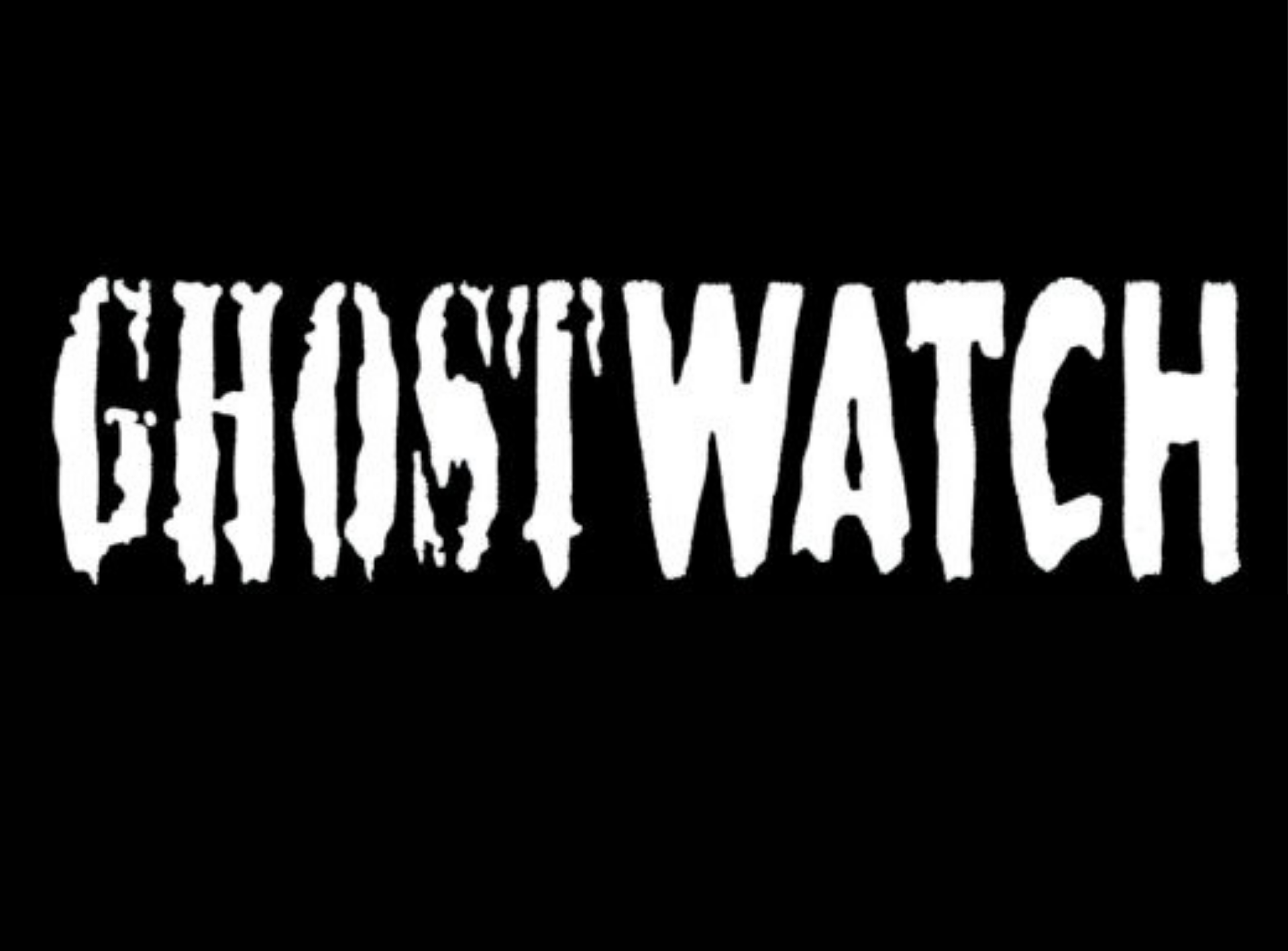An Ode To Ghostwatch

Almost 30 years later, the BBC’s Ghostwatch Halloween special remains controversial. Amber Hogan sheds light on the impact of the show.
On Halloween night 1992, between the hours of 9.25 and 11 pm, the BBC captured a live haunting and possession on TV and televised it to roughly 11 million people. Over the course of this incident, almost 30,000 calls were made to the studio, and within 12 hours, almost every newspaper was reporting on it. Everybody was raving about what they saw that night and looking to the BBC. Despite this, the trusted family channel started rapidly trying to erase its part in the show. It went unlisted on the official site, and journalists and reporters were told to keep quiet about the special. It existed only as the rumored national séance of 1992. So, what went so wrong with Ghostwatch?
Ghostwatch was a pseudo-documentary directed by Lesley Manning with a sizable budget of about £900,000. It had three main components. Firstly, a familiar in-studio panel lead by well-known celebrity Michael Parkinson. Then supposedly live footage of a haunted home in Northold being investigated by paranormal enthusiast and beloved children’s TV presenter, Sarah Greene; backed up by an on-the-ground reporter and ghost skeptic Craig Charles from the popular Red Dwarf. Meanwhile, the husband of Sarah, Mike Smith, manned a call-in centre for viewers to report sightings from their homes.
The Special documented the exploration of a haunted home, seemingly innocuous at first, but then the creepy happenings start. After a red herring that blames the children, things get rapidly malevolent. Banging pipes, yowling cats, a figure looming in the shadows of the children’s bedroom, and soon the studio itself, unbeknownst to the presenters until the callers alerted them. All the callers reported the same sighting. A tall, disfigured form in black robes. Then a supposed doctor at a local psychiatric institution calls in to explain- he knew a man, an abusive child molester, who took his own life and wasn’t found for 12 days. Not until his cats ate parts of his face and began to yowl. The special ended with the studio plunged into darkness and presenter Michael Parkinson becoming possessed, walking towards the camera, and the screen going black.
Ghostwatch was advertised as a drama, and yet, people believed it. Had it not been for the tragedies linked to the special, this would have been a testament to the actors and production/creative team involved. Ghostwatch was linked to the suicide of Martin Denham (18) who hanged himself five days after the show. He had a learning disability and became entranced, leaving a tragic suicide note saying “If there are Ghosts, then I will be with you always as a ghost.” Two years later, Ghostwatch was attributed to the first recorded cases of PTSD brought on by a television show. This is all despite disclaimers made before and after the showing, its advertisements as a Drama, and the release of a Cast List.
Is the BBC, a family entertainment and information channel, the place for fictional horror? Was a line crossed by using children in danger in a hauntingly realistic way, or did they just do their jobs too well, and should the creative production team be commended for their revolutionary idea and execution? Despite now having a cult following, Ghostwatch remains buried. Does it now deserve its time as a Halloween classic?


